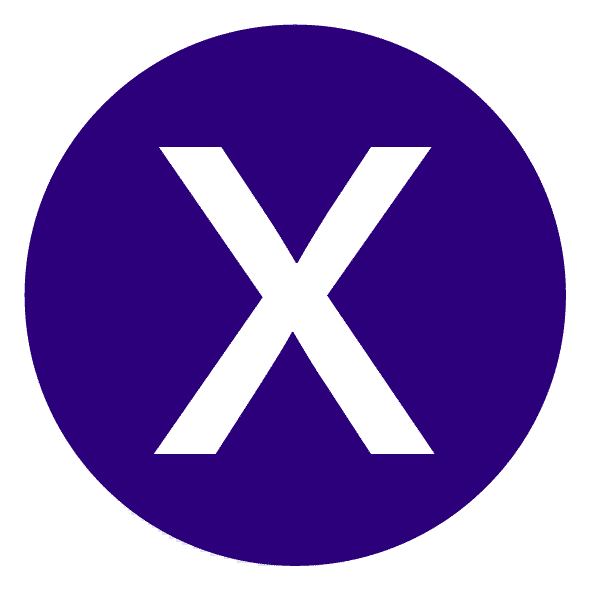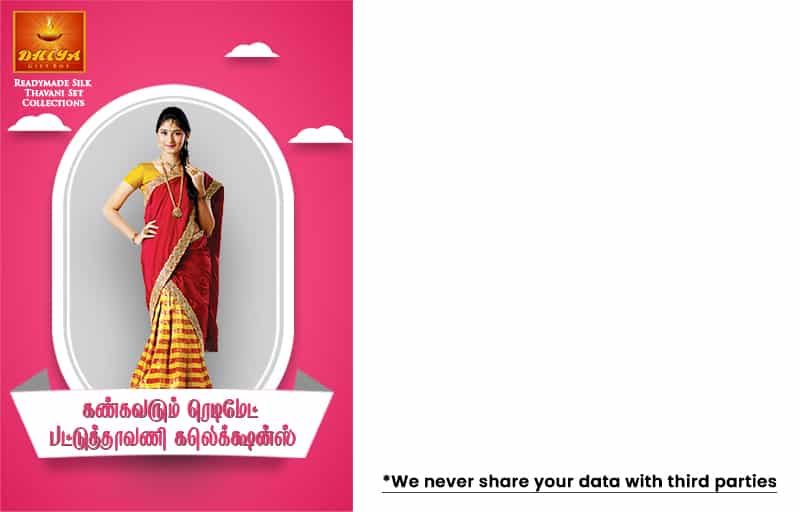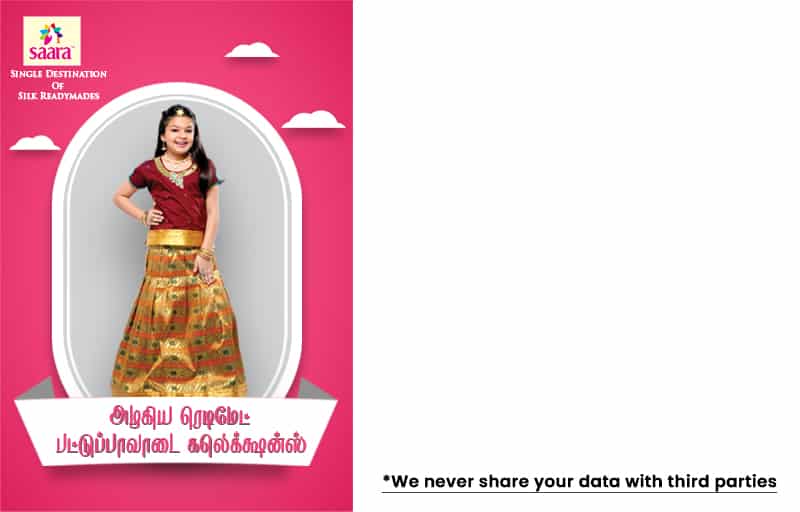The broker is basically acting as your “agent”, allowing you access to trade directly from LPs, but from the LP’s perspective, they’re still trading with your broker. In the past, trades were mostly executed physically at the New York Stock Exchange and in other venues. Level 2 is a dashboard that shows you the state of order flow in the market. In recent years, Robinhood What is Direct Market has introduced Robinhood Gold, which provides the Level 2 data. Therefore, there is a big difference between DMA and ALGO in that the latter is a trading strategy while the former refers to how the market is accessed. The DMA method can only truly work if there are a large number of traders that want to buy or sell the particular [instrument] in question.
DMA is generally stricter, with rules on repeat dealing, or deal rejections if trading outside the normal market size. The incentives – alongside the growing investor interest in ETFs – are attracting firms back to Japan. But perhaps a larger driver of growth is the rapid maturation of Chinese markets.
- Exchanges are organized marketplaces where stocks, commodities, derivatives, and other financial instruments are traded.
- We have not established any official presence on Line messaging platform.
- If your account is not denominated in USD, the commission will be converted into your base currency (at current exchange rates) before being deducted.
- It enables clients to place bids and offers directly on the exchange order book.
- Get tight spreads, no hidden fees, access to 12,000 instruments and more.
Direct market access (DMA) is the direct access to the order books of the financial market exchanges that lead to daily transactions of securities. It is usually the firms such as investment banks (CitiGroup, J.P. Morgan), hedge funds etc. that own direct market access. Negative news generally gets more views compared to happy news due to the Negativity Bias.
Direct market access or DMA is used when traders place trades directly in the electronic order books of exchanges. DMA is not commonly used by the majority of brokers and traditionally, one would contact a broker by telephone or submit a request online. Over–the-counter (OTC) dealing refers to trades that are not carried out through centralised exchanges.
We introduce people to the world of trading currencies, both fiat and crypto, through our non-drowsy educational content and tools. We’re also a community of traders that support each other on our daily trading journey. On the other hand, in a DMA, the trader sees the action in the market and selects the market maker he wants. In this case, the DMA is a better option but the overall impact is quite small. On the other hand, in a DMA account, you can select your own market maker based on their pricing. In some cases, the market maker can even pay you a small fee for selecting them.
A DMA trading platform is also very useful for block trades, as direct market access software is prepared to place large volumes of trades in one go, with a speedy execution and results. If you’re a very active or a day trader, you may want to consider using the services of a direct-access broker. These brokers can provide you with real-time trading through an electronic system or provide you with direct access to exchanges.
So whenever you buy or sell EURUSD, for example, your order is sent directly, by the broker, to the interbank market for execution. The common service for retail traders to get access to forex markets is given by what is called a broker’s dealing desk. The broker’s dealing desk is in charge of optimizing the best route for the retail traders’ orders to reach the institutional banks. Exegy’s DMA software automatically executes the risk controls at very low latency. The DMA Platform also offers an extensive risk management system with a central risk management API that conducts low-latency pre- and post- trade risk checks. Brokers can manage risk and order flow with tiered limit controls for other brokers, clearing firms, and trading firms.
In response, ICE has stepped up its investment into North Asia with a multi-million-dollar expansion to a financial network that connects the world’s largest institutions. Let us find out the working of forex direct market access as well as the stock direct market access where you could access the order book from several exchanges without “a smart router”. This smart router might optimize the best route for your Tesla stock buy order.
In a retail account, you will likely not pay any fees since most brokers have removed commissions. First, the companies make a substantial amount of revenue from order flow payments. Second, Schwab and other large brokerages tend to focus on long-term investors, who don’t have any issue with differences in small movements in prices. It is possible to spread bet with DMA, although it’s all about relationships.
With IG you can also trade UK shares as a spread bet or CFD whereas other DMA stock brokers do not. IG accepts no responsibility for any use that may be made of these comments and for any consequences that result. DMA enables you to interact with stock or currency exchanges directly – bypassing any aggregation of over-the-counter orders – so you can choose the price you want to deal at. Direct market access is a faster approach that makes the owner of direct market access be in control of the entry-exit positions directly.
Some of the most well-known exchanges are the New York Stock Exchange (NYSE), the Nasdaq, and the London Stock Exchange (LSE). Individual investors typically do not have direct market access to the exchanges. While trade execution is usually immediately enacted, the transaction is fulfilled by an intermediary brokerage firm.
This is also because trading in such high frequency could only be profitable if you trade really high amounts of volume. So you might guess that, from a cost-benefit perspective, high-frequency traders are the ones who can potentially profit from this ultra-low latency. We must say that ULLDMA service could be really expensive in terms of infrastructure. Afterwards, the trader will place the order and the broker will do a quick check to find out the margin for opening the position in the market. After the necessary checks, the trader will be able to see other market participants’ orders and gauge the market scenario for placing the trade order.
Supported by a strong clearing member ecosystem, the DMA Platform provides low-latency access to a range of venues through a normalized interface on demand. The other important difference between DMA and retail trading is transparency. With DMA, you have direct access to different gateways in the market and you can select the one with a better price.
Unlike direct-access brokers, online brokers provide traders with a different level of access market access. While direct-access brokers give traders a direct and quick route to the market, online brokers are intermediaries between traders and exchanges. The order is accepted by the exchange for which the security trades and the transaction is recorded on the exchange’s order book. Intermediary brokerage firms are known to have direct market access for completing trade orders. In the broad market, various entities can own and operate direct market access platforms.













